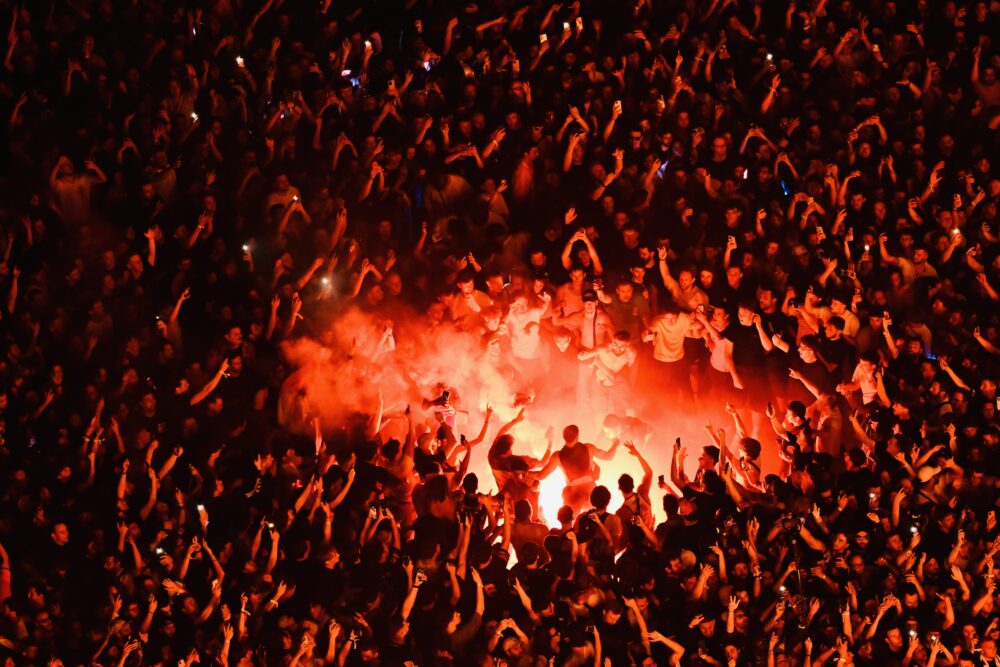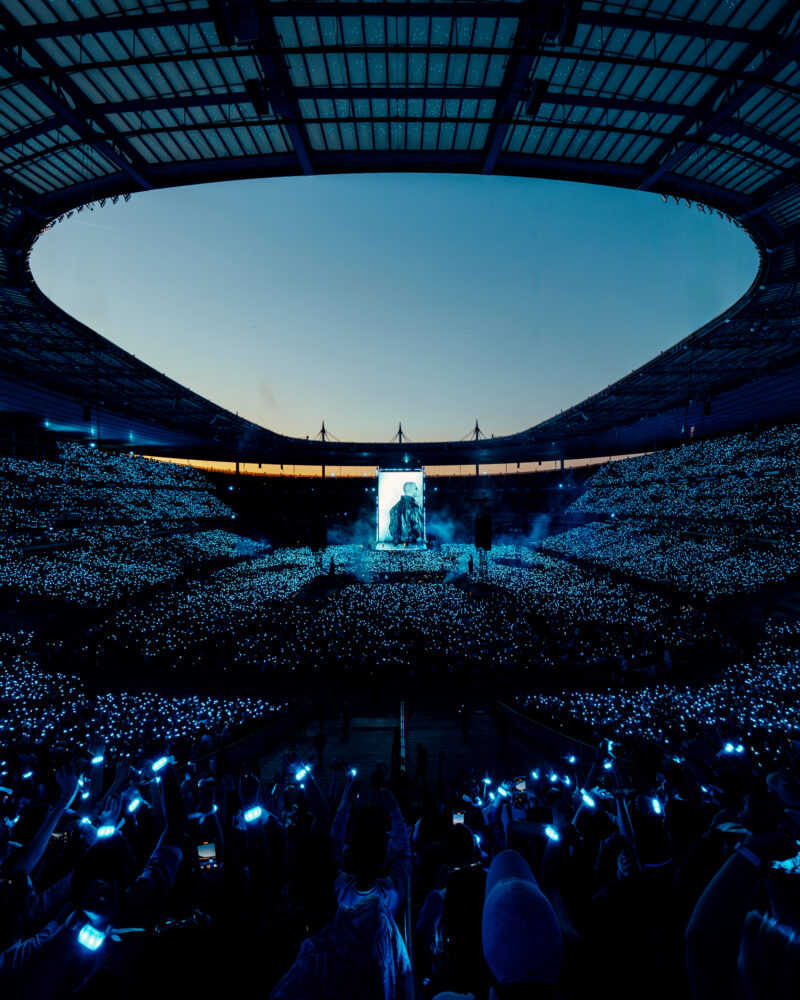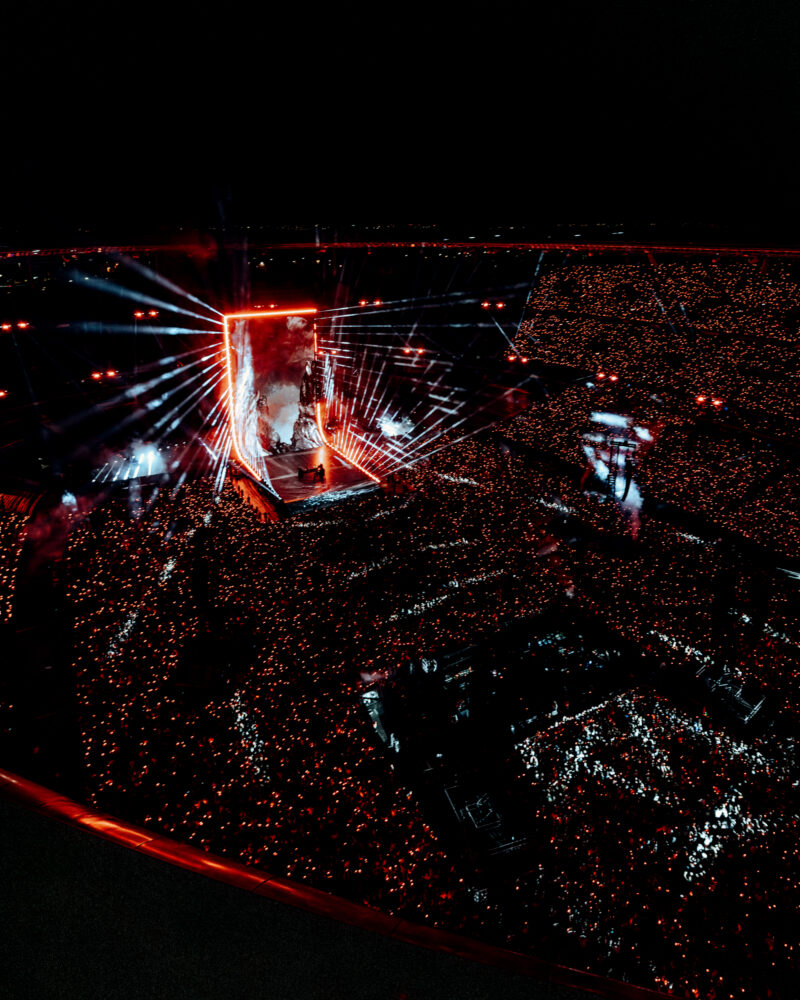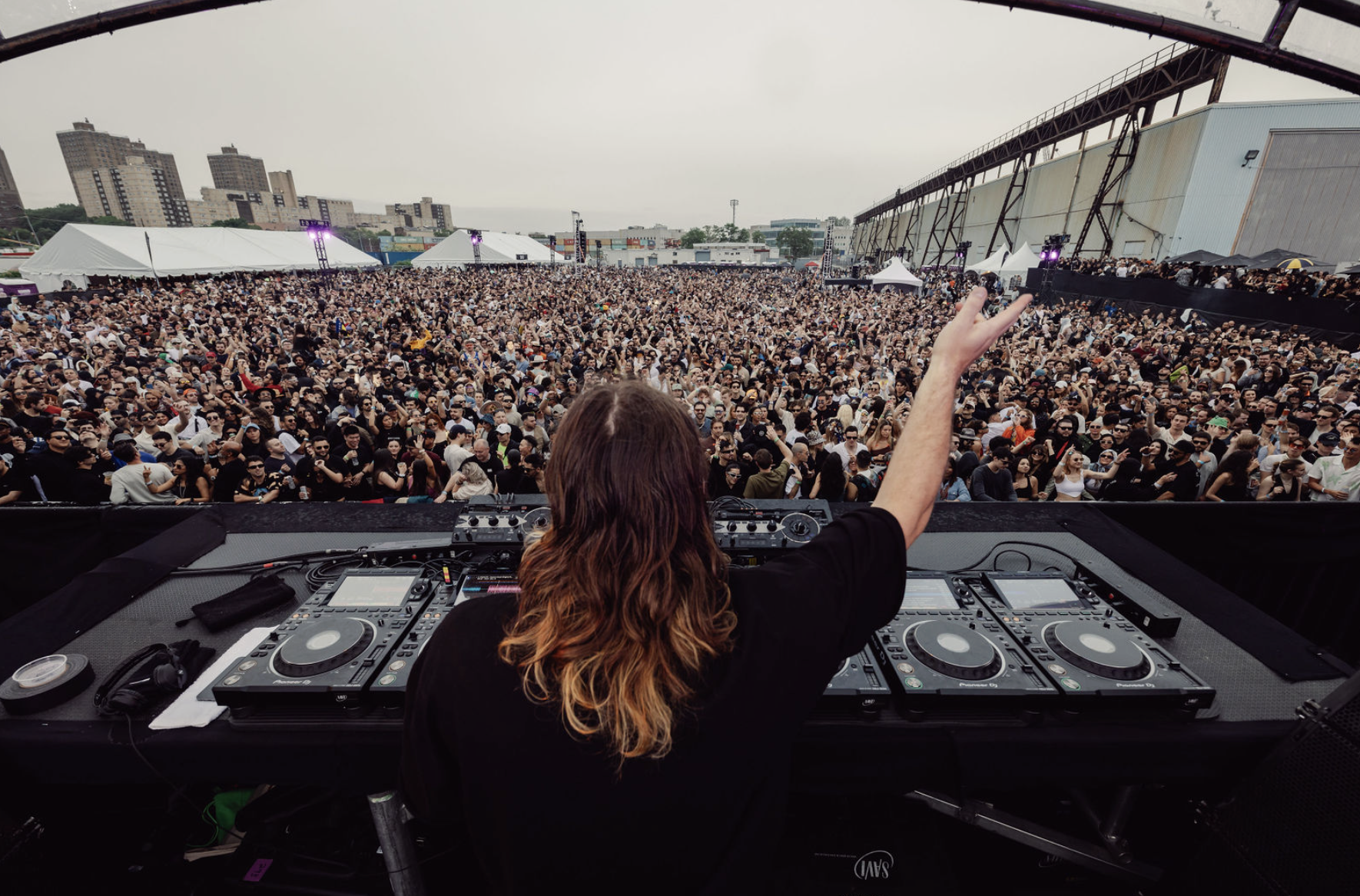There’s a moment in every cultural shift when the improbable becomes inevitable. Consider what happened at the Stade de France on May 10, 2025.

DJ Snake—the French producer who turned trap music into stadium anthems—stood before 80,000 people and unveiled his strategy for cultural conquest. The first new record in his pocket was ‘Paradise’, a delicate reimagining of Phil Collins‘ 1989 meditation on homelessness, transformed into lo-fi house with R&B vocals with Bipolar Sunshine that we have come to love on records with OTR as well as previous collaborations with DJ Snake.
Then ‘Reloaded’ with bass music’s lead sensation, Space Laces, which takes Marilyn Manson‘s 2003 provocation ‘This is the New Sh*t’ and reconstructs it as hard dance brutality.
The pairing reveals something profound about how cultural recycling actually works. Collins’ original was earnest social commentary wrapped in accessible pop. Manson’s was nihilistic theater disguised as rebellion. ‘Paradise’ whispers where ‘Reloaded’ screams.
The Collins track becomes a chill-out anthem for streaming playlists, while the Manson cover triggered what witnesses described as the largest Wall of Death in electronic music history—thousands of bodies splitting into opposing sides before charging at each other in coordinated chaos.

This isn’t random genre-hopping. It’s strategic breadth. While most producers chase singular audiences, DJ Snake is mapping the entire emotional spectrum of dance music, from contemplative to destructive. His upcoming album “Nomad” promises to explore this range systematically.
What happened at the Stade de France wasn’t just a concert. It was a demonstration that electronic music’s future lies not in choosing between accessibility and extremity, but in mastering both simultaneously.



